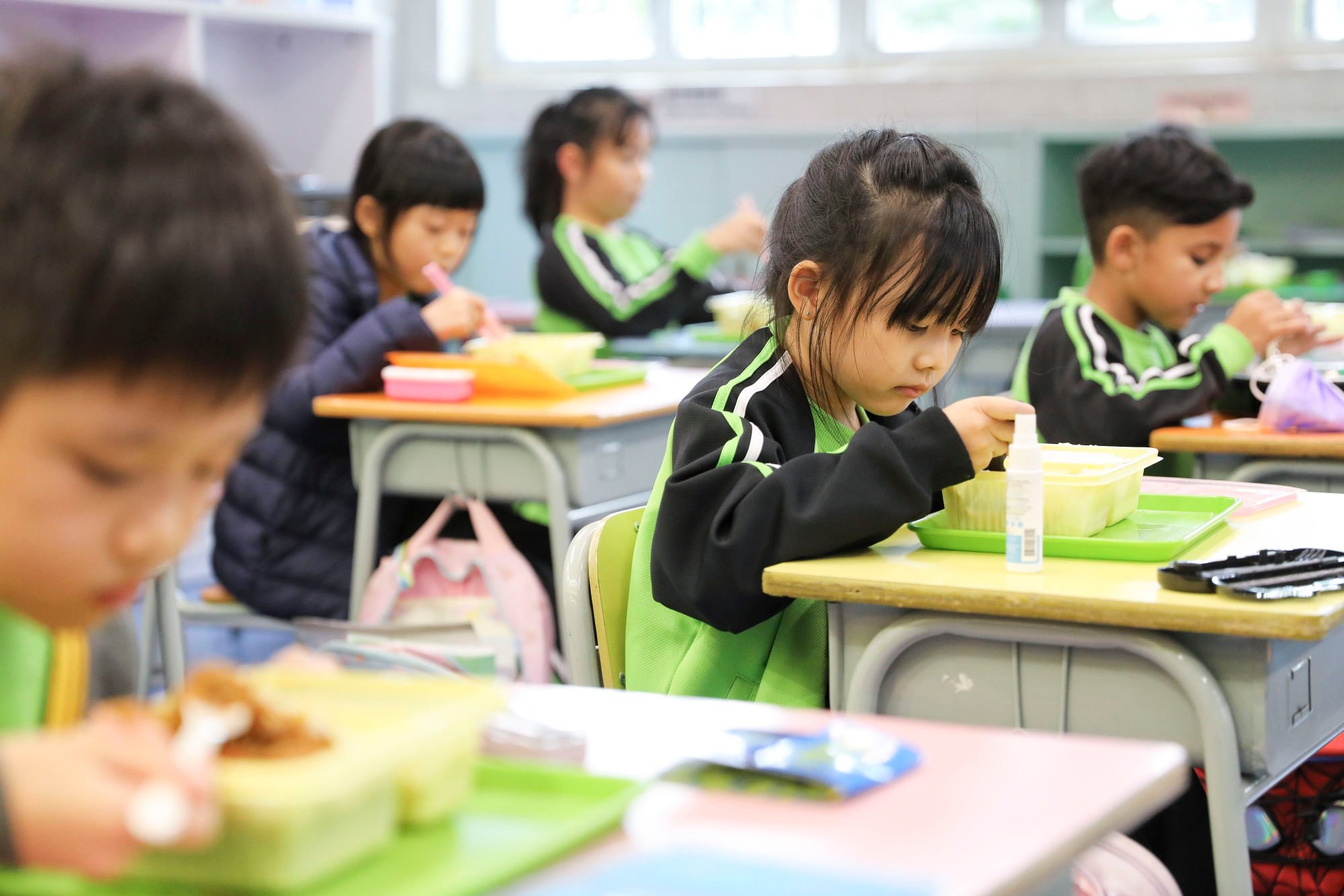
Hong Kong educators plan to apply lessons from the pandemic to guide the future of international school education
- Pandemic-era criticism from parents saw schools sharpen up their remote and hybrid offerings though not every student thrived
- Face-to-face learning is still prized by all but students’ flexibility and resilience has provided space for creative thinking about the structure of learning in the future
Covid-19 had an undeniable impact on Hong Kong’s international schools. Somewhat understandably, not all parents were happy to be paying fees for an education their children weren’t getting the most out of, cooped up as they were at home in front of a laptop or tablet.
Fortunately, thanks to some quick thinking and ingenuity, Hong Kong’s international schools successfully lived up to their reputation for providing educational excellence and pivoted to new tech-driven ways of learning. And just as we’ve seen in the corporate world, some of the technological innovations that schools were forced to adopt due to Covid-19 may end up changing the education landscape forever.
“Schools and educators have been forced into a rethink. All schools had to go through a period of rapid learning, rapid change and responding to rapid challenges,” explains Christopher Chadwick, principal of the Korean International School (KIS) International Section. “I think the one area we all felt [was most challenging] was the shutout of our youngest students who were forced to stay home with online learning. This proved very difficult and we had to develop new apps to aid and support them.”
Chadwick believes there were both massive pros and cons when Hong Kong’s international schools shifted to a more remote, online teaching practice. Some students thrived while others struggled.

“We noticed that some of the boys were able to stay focused with online learning as they enjoyed working with computers and IT,” he says. “On the other hand, lack of face-to-face interaction caused depression and anxiety levels to rise among certain students.
“You could argue that teaching and learning styles have become more adaptable, understanding and flexible; involving new ways of innovation and thinking,” Chadwick continues. “Everyone from staff, students and parents needed to adapt to a range of new apps, devices and platforms to continue learning. KIS embraced these new challenges head-on. We learned how to create interest and make assessments online, how to stop parents and siblings from interrupting lessons, and how to keep queues of communication open and make sure our students felt supported and connected.”
Another school to make technology a big part of its modified teaching practices is the Canadian International School of Hong Kong (CDNIS).
“The biggest change has been the shifts to the different modes of learning – fully remote, hybrid, full face-to-face and modified face-to-face have been tested as operational systems,” says Tim Kaiser, principal of CDNIS’ upper school. “Our faculty have had to consider our key role in this as teachers, how to navigate through uncertainty and apprehension, how to help students do the same and what the essentials are that we can’t lose sight of.”
Kaiser believes that the increased use of technology has actually improved educational practices in unexpected ways, providing a new level of convenience for teachers, students and parents.

“For example, when a teacher and students are online in breakout rooms, the teacher can move effortlessly and immediately from one student group to the next, providing greater range for feedback and an opportunity to interact with a greater number of students in a shorter period of time,” he said. “We’ve also moved most of our major parent meetings online; and while we miss the face-to-face interaction with parents, we hear over and over how tuning in through technology creates a less disruptive and cumbersome platform for parents to engage.”
Finally, few organisations have faced more pressure from Covid-19 than the ESF – the largest education company in Hong Kong with 22 international schools under its umbrella. But CEO Belinda Greer has remained optimistic throughout it all – and believes the pandemic has actually given rise to some blessings in disguise.
“There has been significant professional development as a result of Covid,” Greer says. “There have been criticisms in the past about education not changing with the times, that teaching is not responsive enough to the changing world. With Covid, we have challenged our practices and, as a result, teachers are now thinking more deeply about learning. They made sure that every minute with students counted, whether face-to-face or online.”

Still, Greer believes nothing will ever beat face-to-face learning. So, the ESF plans to ensure that students get as much as possible next year, while working to make online learning as similar to it as they can.
“Students benefit from time together – to communicate, to socialise – but our teachers found creative ways to replicate this online,” she said. “I saw some really creative activities led by our teachers and educational assistants which ensured that all of our students, from kindergarten through to secondary, really got the best out of this blended, online and in-person approach.”
Another reason for Greer’s optimism is the resilience shown by students, who managed to obtain excellent exam results despite “the most challenging and unprecedented circumstances”.
“This is a cause for real celebration,” she exclaims. “Parents have also played a role in their children’s learning and recent years have shown even more clearly the importance of this. All credit goes to [students and parents] for their outstanding success.”
